Sheffield United: Why Blades boss Chris Wilder fears football is going soft
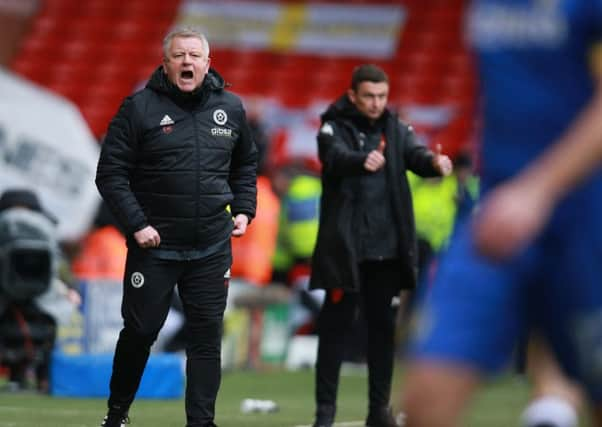

“I don’t want my teams to kick people off the park. Then again, I don’t want them to ‘after you’ either,” he says. “So if you ask me about physicality being driven from the game, yes, 100 per cent I’m worried.”
Sheffield United’s manager is in convivial mood as he talks tactics, fans and all things football ahead of tomorrow’s match against QPR. But his demeanour changes when, in response to a question about facing Premier League opposition, conversation turns to the subject of whether it remains a contact sport.
Advertisement
Hide AdAdvertisement
Hide Ad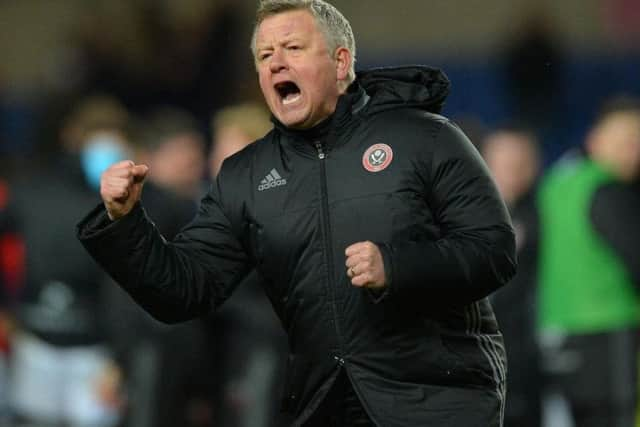

Pep Guardiola and Neil Warnock have both had their say in recent weeks. Now, after being presented with the opportunity, Wilder is determined to have his too.
“Football is physical,” he continues. “Skill is important, vitally important, but the physical aspect contributes to it being the spectacle it is. The supporters love that. A proper challenge, in the right context, can bring nearly as big a roar from the crowd as a goal at times.”
Guardiola provoked a furore earlier this month after claiming Manchester City’s were being butchered in their pursuit of silverware. The Catalonian, whose side are contesting honours on four different fronts, has been described as a poet by his friends in the media. But others, despite admiring the 47-year-old’s body of work, are proving difficult to seduce. Wilder, it appears, is among them and detects the whiff of vested interests.
“Enough of the top people have it their own way in terms of budget, recruitment, infrastructure and what have you,” he says. “Be it those things or access to whatever else they want.
Advertisement
Hide AdAdvertisement
Hide Ad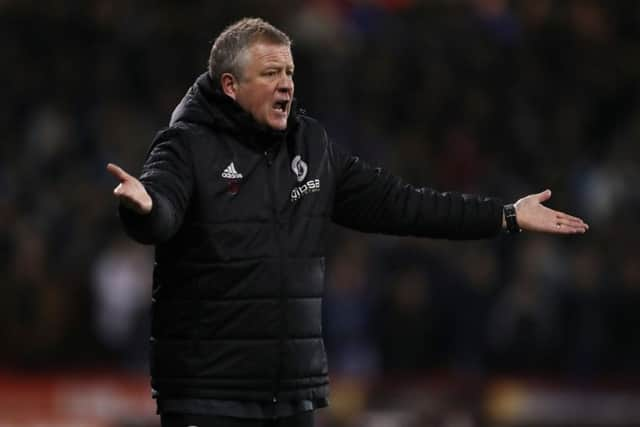

“They have that and then it’s up to the other teams to try and find a way of combating that, be it physically or from a tactical point of view. There is a concern, I think, that it’s becoming a non-contact sport. If that does happen, then I think results are going to become a lot more predictable.”
Shifting irritably in his chair, Wilder underlines the point before dismissing attempts to portray this as a struggle between the beautiful and bootiful game.
“Look back to the Euros with Iceland, a small country with a much smaller pool (of players) to pick from than most of the other countries who were there, doing so well,” he says. “They played a certain way, were very effective, and other people couldn’t deal with that.
“We get different styles in this division too. There’s no moaning about it. We have to find a way and find an answer. We have to search for ways to stop people.”
Advertisement
Hide AdAdvertisement
Hide Ad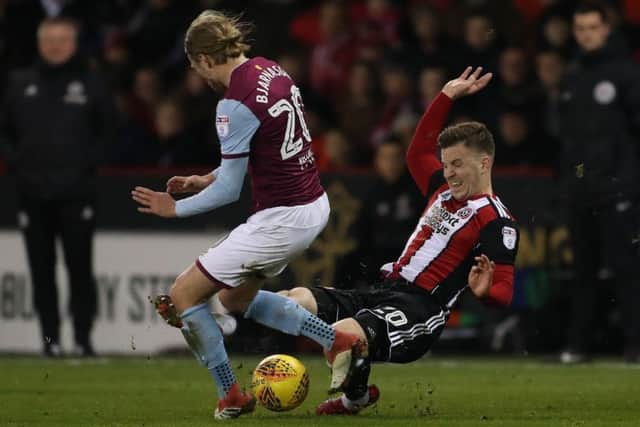

Wilder has a proud track record of beating the odds having steered Northampton Town, engulfed by crippling debts and other financial issues, to promotion before taking charge at Bramall Lane. Another honour, this time the League One title, duly followed.
Although United boast plenty of stature, they are minnows compared to many other Championship clubs when it comes to pounds, shillings and pence. Nevertheless, a combination of excellent intelligence gathering and equally astute coaching has left them on the cusp of the top six. Although the quality of United’s play has attracted plenty of plaudits - Wilder bristles whenever their progress is attributed purely to team spirit - he subscribes to the theory that tackling is an art form, something, when executed correctly, that should be held in the same high regard as a rabona or defence-splitting pass.
“All the way through, skilful players have had to put up with it,” he says. “From Maradona to George Best to our very own Tony Currie. Even now, at our level, look at Jack Grealish. People know he’s an outstanding player and that you have to get tight to him. You can’t just let him play.
“We played Aston Villa recently. I’m not telling my players to go in and put him out of the game for six months; that’s bang out of order. But I am asking them to get tight and then Jack has to deal with it.”
Advertisement
Hide AdAdvertisement
Hide Ad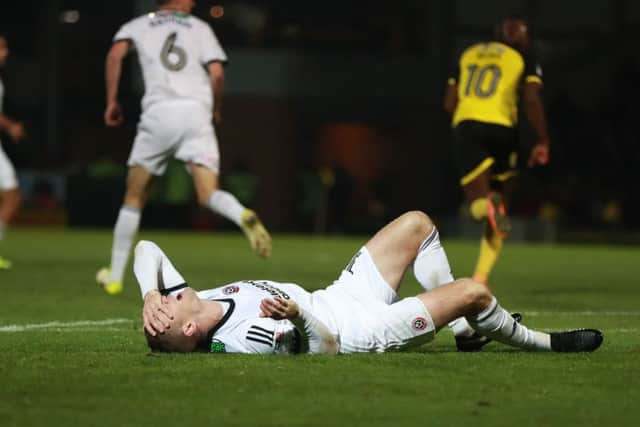

Before the revisionists label him a dinosaur, Wilder addresses the difference between fair means and foul.
“As long as the physical part doesn’t go over the top, as long as everyone keeps playing football, fine,” he says. “Then, if it does, that’s down to the referee. I don’t want my players to top opponents and try do to serious damage. We play hard but fair.
“The lads have produced some lovely stuff. I don’t see much old-school business where people are going two-footed and over the top. Yes, there are a few things where people mis-time it because of the speed of the game. But there’s not much of that.”
Unfortunately, as United discovered to their cost three months ago, accidents do happen. Paul Coutts, the club’s midfield playmaker, was midway through another eye-catching performance when he was seriously injured at Burton Albion.
Advertisement
Hide AdAdvertisement
Hide Ad“If there’s a tackle and it’s mistimed and someone gets hurt, that’s unfortunate,” Wilder says. “But in sport, sometimes that happens.
“There’s a block on the edge of the box and their lad’s gone in straight-legged. I don’t think he’s been looking at Paul thinking: ‘I’ll put you out for a year.’ It just happened and it was a shame.”
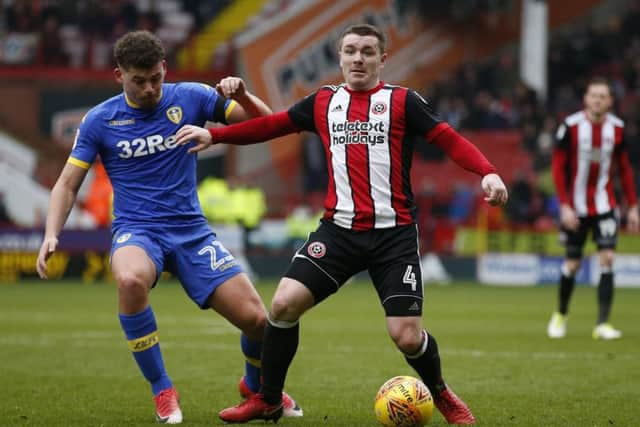

What does infuriate Wilder, however, is how the laws are often applied.
“Look at some of the tackles on our players this year,” he says. “People talk about John Fleck’s tackle against Bristol City when he gets sent off and then, three weeks later, the same one goes in against him in the derby and it’s not a red card. That does annoy people.”